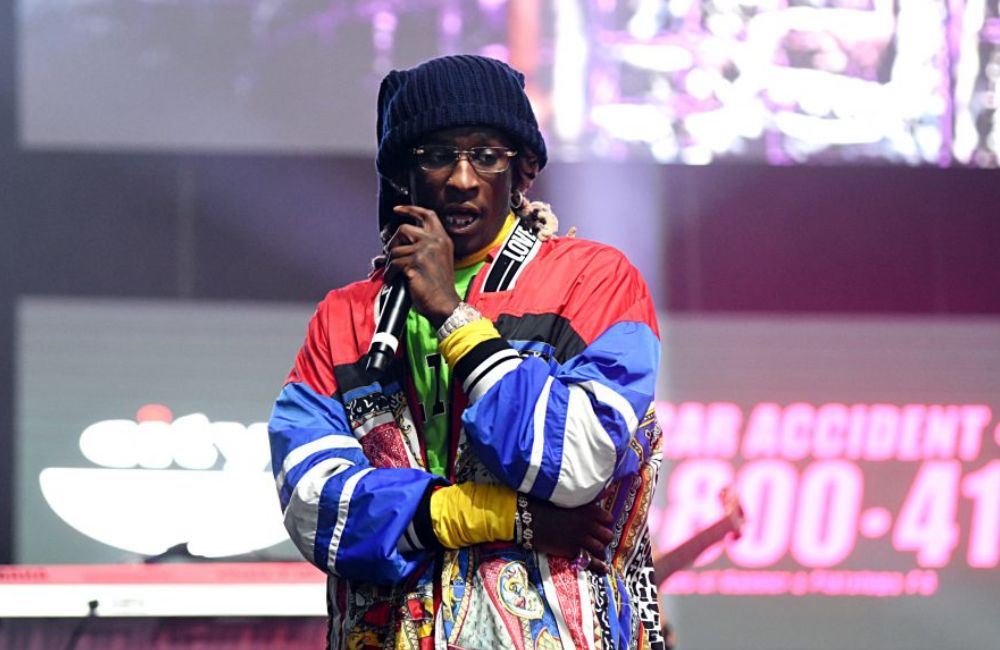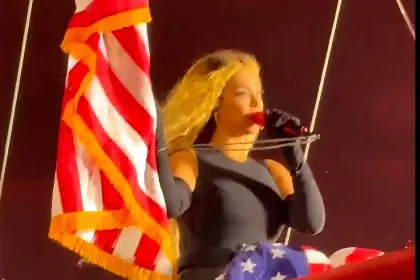Young Thug, the influential Atlanta rapper released from custody last October, has initiated legal proceedings to reclaim approximately $150,000 in cash and multiple luxury vehicles seized during his high-profile arrest in 2022. The motion represents the latest development in what has become an unprecedented legal saga in Georgia’s criminal justice history.
The substantial seizure
When authorities arrested Jeffrey Williams, known professionally as Young Thug, during the May 2022 raid targeting alleged YSL (Young Slime Life) gang activities, they confiscated assets worth well over half a million dollars. The itemized list of seized property includes:
- $149,426 in cash
- A 2022 Chevrolet Corvette
- A 2022 Porsche 911
- A 2021 Mercedes-Benz GLS Maybach
- Two Mercedes-Benz AMG GTs
Williams maintains these possessions were legally acquired and should be returned now that his case has been resolved through a plea agreement. His legal representatives have filed formal requests in Fulton County courts to schedule a hearing addressing the matter.
Procedural complications
The path toward recovering these assets has encountered obstacles. A hearing initially scheduled for February 21, 2025, with Judge Paige Whitaker was unexpectedly canceled without immediate rescheduling. Judge Whitaker represents the second judicial authority to oversee aspects of Williams’ case, adding another layer of complexity to the proceedings.
Legal analysts note that asset forfeiture cases often present challenging scenarios, particularly following high-profile criminal prosecutions where the distinction between personal property and potentially illicit gains becomes blurred in court proceedings. The burden typically falls on defendants to prove legitimate ownership and acquisition through legal means, creating a significant hurdle for those seeking to reclaim their property.
Record-breaking trial
The underlying YSL RICO case that led to these seizures has already secured its place in Georgia’s legal annals as the state’s longest-running criminal trial. Following Williams’ May 2022 arrest, court proceedings stretched from November 2023 through December 2024, consuming exceptional judicial resources and public attention.
The case concluded when Williams accepted a non-negotiated plea agreement, which facilitated his release after serving time in custody. This resolution marked a significant turning point in what had become an extraordinarily protracted legal battle with far-reaching implications for how RICO statutes are applied to music collectives and artistic associations.
Post-release restrictions
Despite securing his freedom, Williams faces substantial limitations on his movement and activities. His probation terms include particularly stringent geographic restrictions, most notably:
- A ten-year prohibition from entering Metropolitan Atlanta
- Mandatory quarterly presentations at local educational institutions focused on anti-violence messaging
Williams has requested modifications to these constraints, particularly seeking permission to visit family members whose residence falls within the restricted zone but near its boundaries. These geographic limitations have sparked debate among legal experts about the proportionality of such restrictions, especially given their potential impact on Williams’ ability to maintain essential family connections and support systems crucial for successful reintegration.
Limited travel allowances
Following compliance with initial probation requirements, Judge Whitaker has granted Williams limited permissions to traverse parts of the restricted area. He may now access his personal residence and utilize Hartsfield-Jackson International Airport when necessary for travel obligations.
However, the core issue of his confiscated possessions remains unresolved. With no replacement hearing currently scheduled, Williams and his legal team continue advocating for the return of property they contend rightfully belongs to the artist. This delay illustrates the often overlooked aftermath of high-profile cases, where secondary legal matters can linger long after headlines about the primary case have faded.
Broader implications
Williams’ ongoing effort to reclaim his seized assets highlights persistent questions surrounding property rights within the criminal justice system. The case illustrates how even after formal legal proceedings conclude, individuals often face prolonged struggles to restore their financial circumstances.
Music industry observers note that for performing artists, such seizures can have particularly detrimental effects, potentially impacting not only personal wealth but professional activities dependent on mobility and public appearances. The vehicles confiscated from Williams represent more than mere luxury items; they serve practical functions for an artist whose career demands frequent travel between venues, studios, and business meetings.
The resolution of Williams’ asset recovery efforts may establish important precedents for other entertainers facing similar legal challenges. The music industry has witnessed numerous cases where artists’ property and financial assets have been seized during investigations, raising questions about the appropriate balance between law enforcement objectives and individuals’ property rights.
Entertainment attorneys watching the case suggest that the outcome could influence how future artists structure their business affairs to better protect personal assets from potential seizure. Some have already begun advising clients to implement more robust documentation of legitimate income sources and clear separation between personal and business assets.
As Williams navigates these post-trial challenges, his case continues generating significant interest among legal professionals, civil liberties advocates, and entertainment industry figures alike. The ultimate resolution regarding his confiscated property may establish precedents affecting similar cases involving high-profile defendants in the future, potentially reshaping how asset forfeiture procedures are applied in cases involving creative professionals.
















